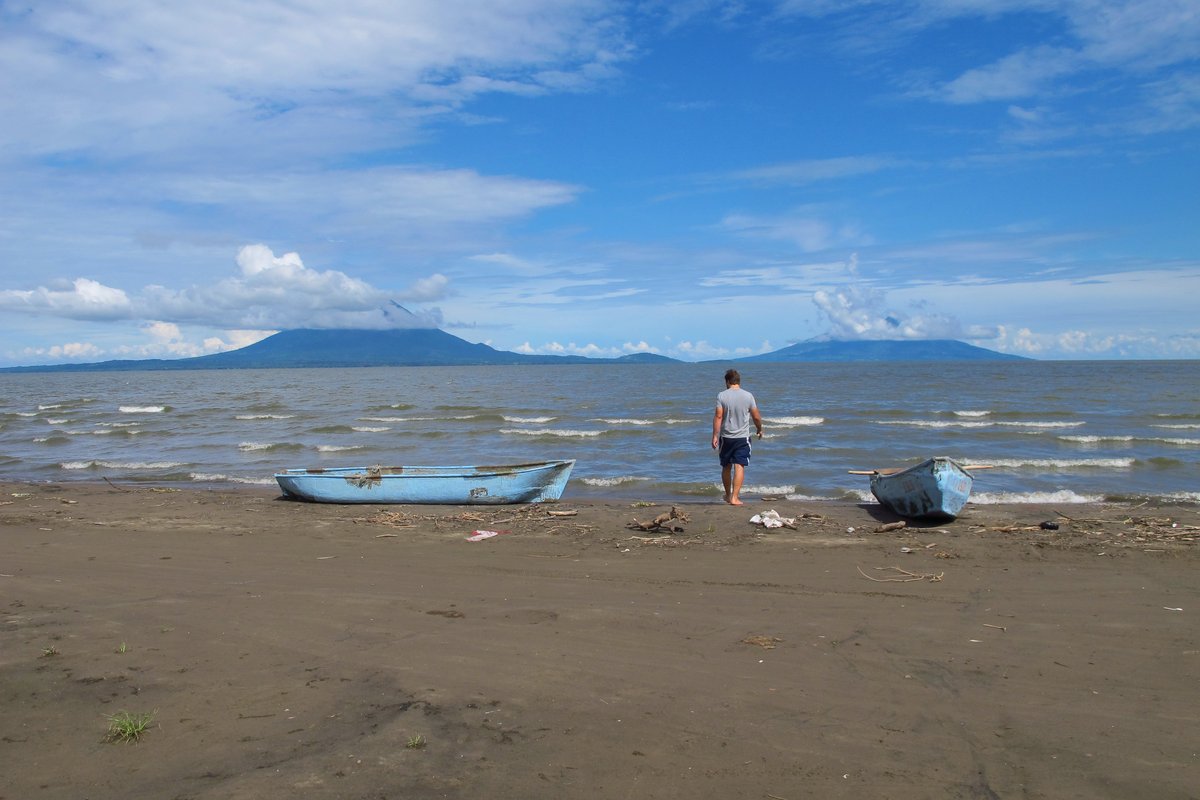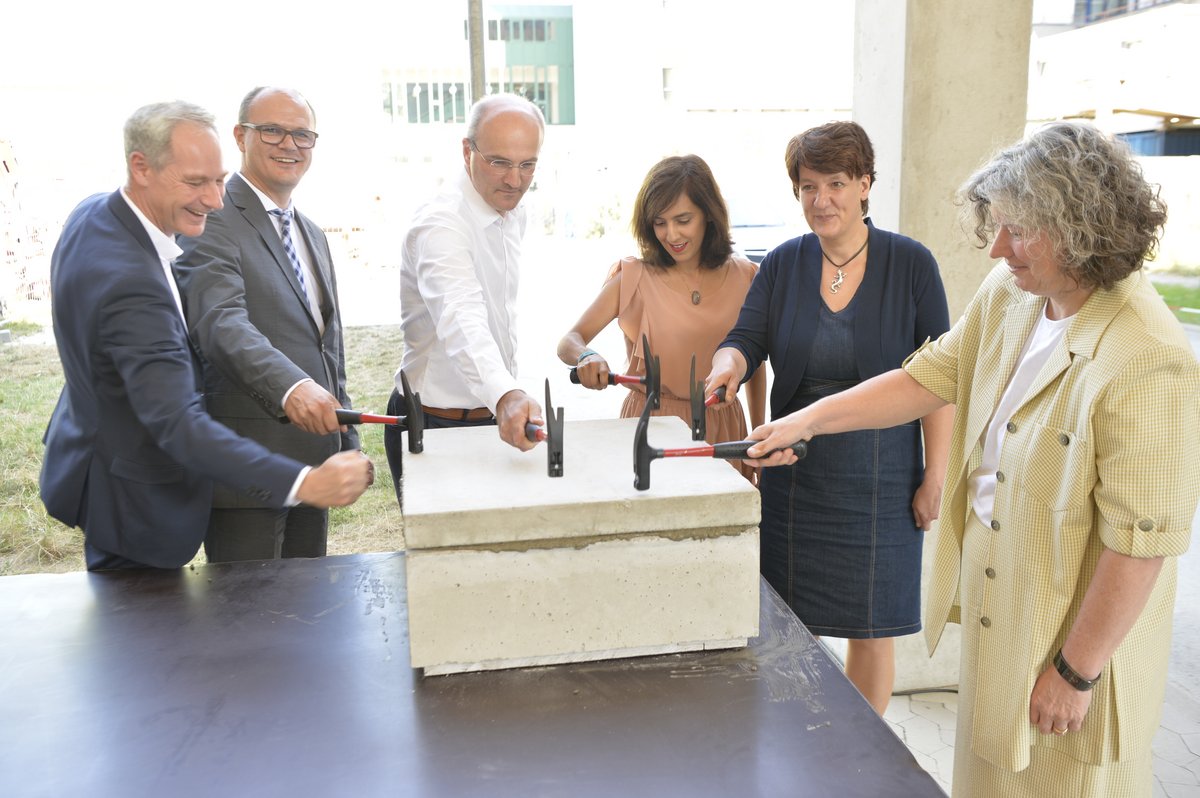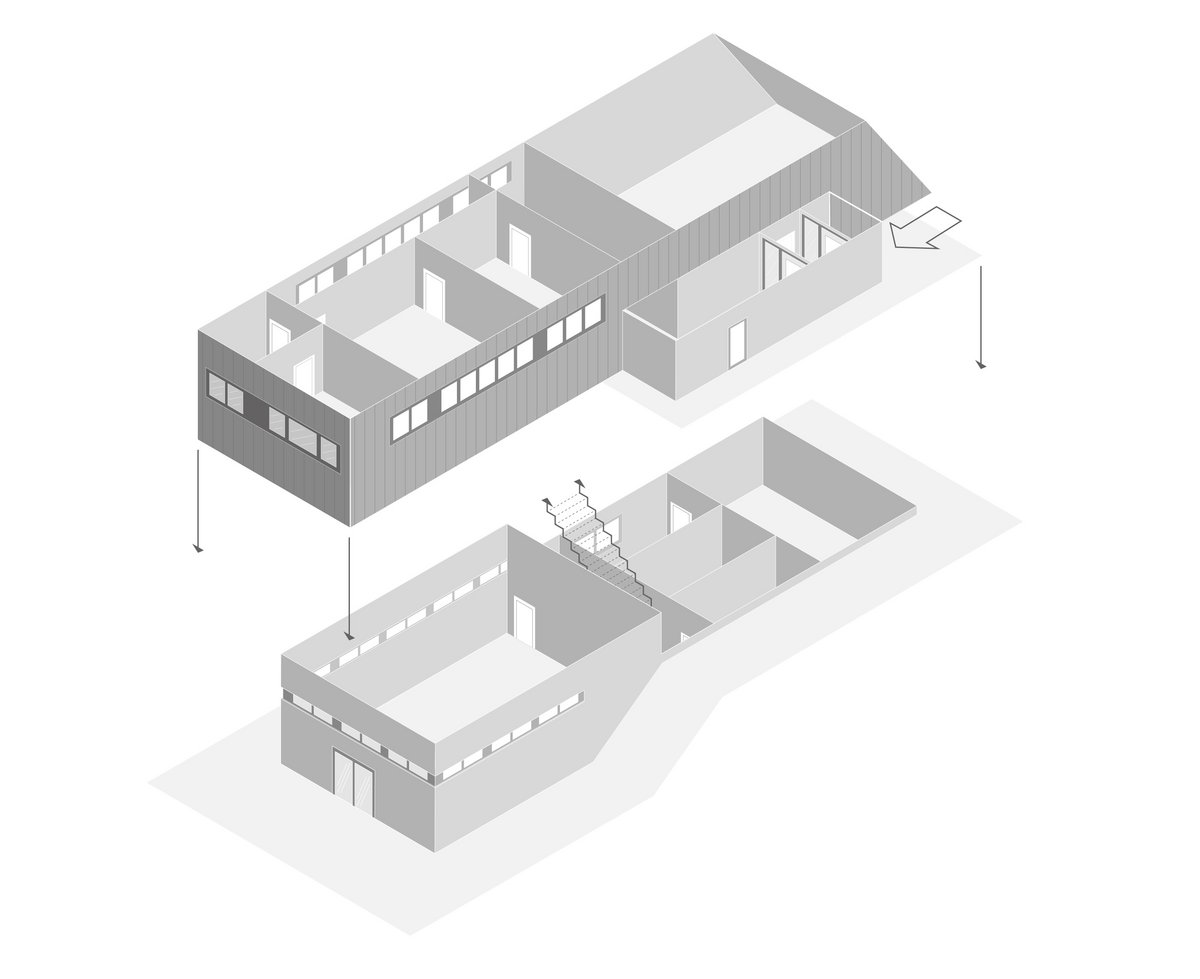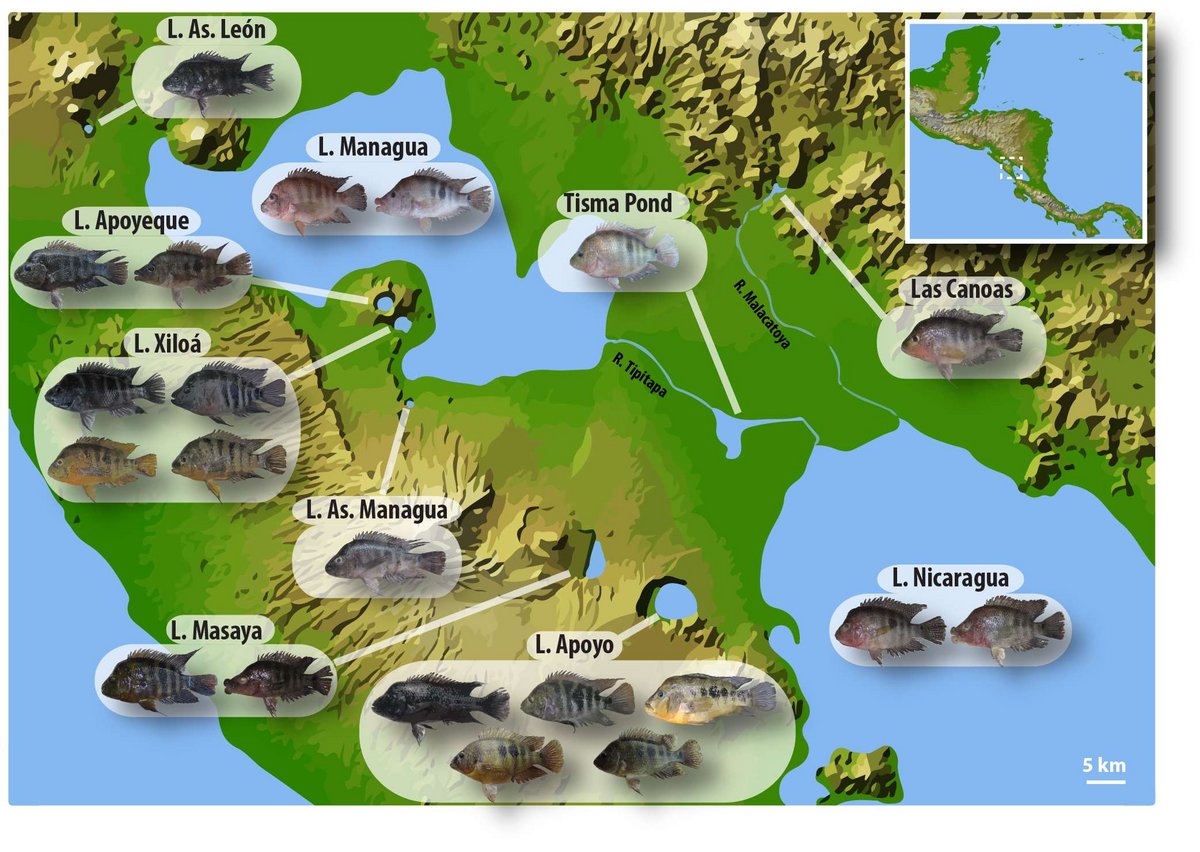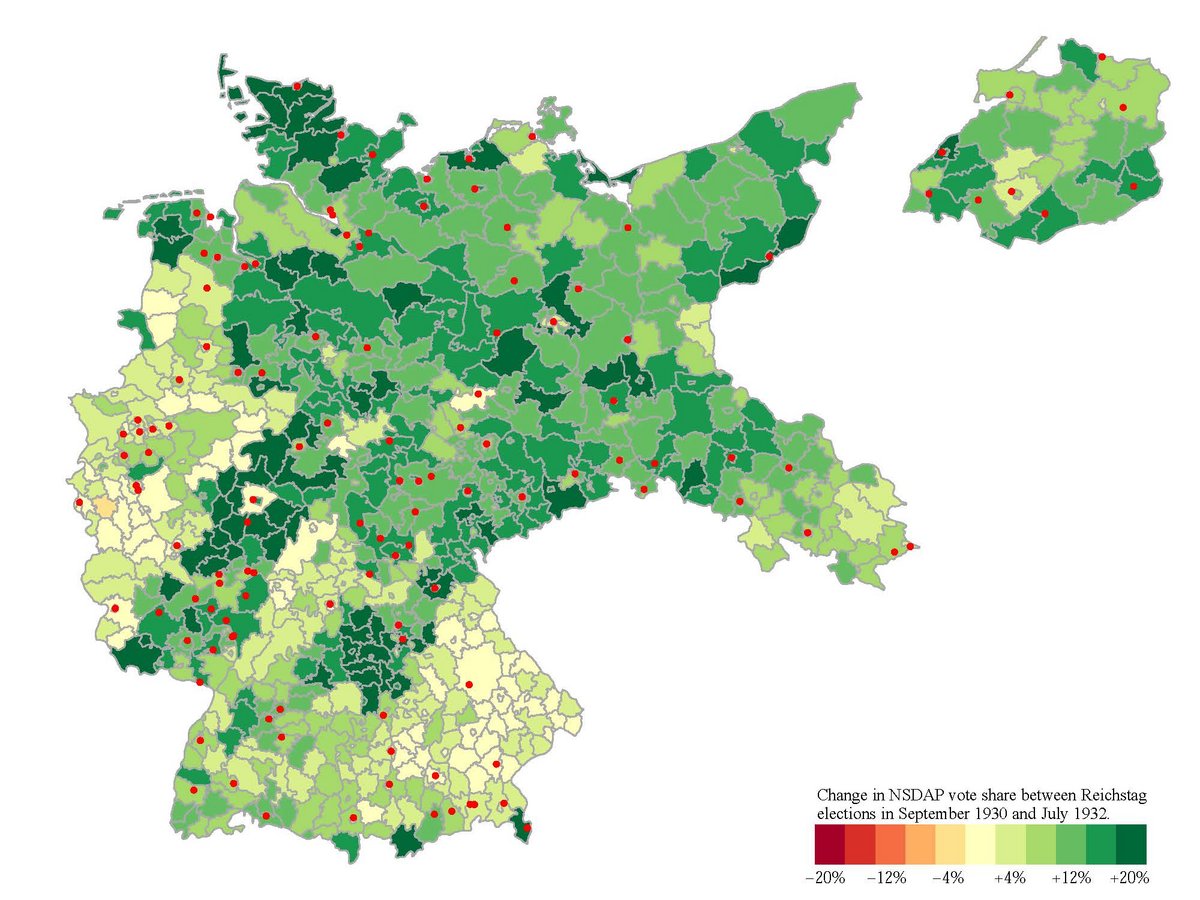
Hitler: election campaigner with limited influence?
Political scientists in Konstanz and Berlin qualify the perception of Hitler as one of the most influential speakers in history through their extensive analysis of Adolf Hitler’s election campaign appearances and election results between 1927 and 1933
Read more
